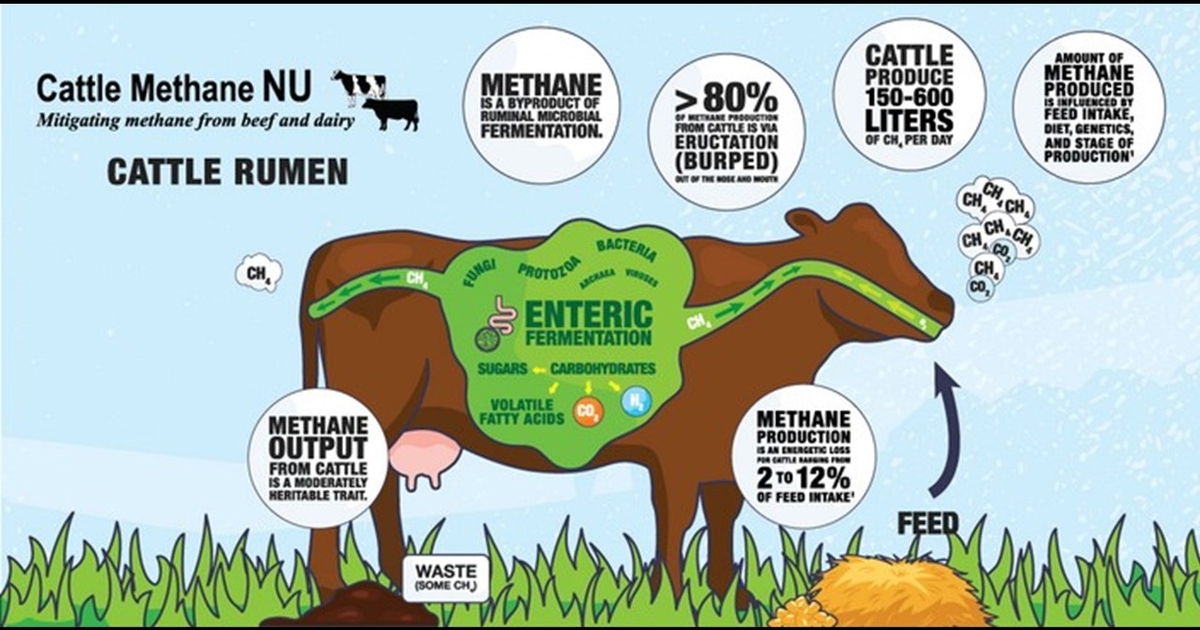Canada approves Bovaer to reduce methane emissions from cattle
Posted on February 5, 2024
Source: Farm Progress. The original article is posted here.

The feed ingredient is an important tool for the nearly 10,000 dairy farmers in Canada and will enable them to make a substantial step forward towards their net zero ambitions. Bovaer reduces methane emissions by 30% on average for dairy cows, and thereby lowers the overall greenhouse gas footprint per liter of milk by 10-15%.
Likewise, Canadian cattle feeders can reduce methane emissions by 45% on average for the 3.3 million cattle they manage annually. Once Bovaer is included in the Reducing Enteric Methane Emissions (REME) protocol for beef cattle and the Alberta Fed Cattle protocol, cattle feeders will also be able to generate carbon offsets as an additional source of income.
“Canada has been an important part of the development journey of Bovaer. In 2020, dsm-firmenich successfully completed the longest and largest trial with Bovaer, a two-year trial with 15,000 beef cattle in Alberta and supported by ERA (Emission Reduction Alberta), which demonstrated methane reductions of up to 82%, resulting in savings of 1,473 tons of CO2e during this study alone. We are therefore excited today to receive the market authorization and appreciate the diligent and timely review by the Canadian Food Inspection Agency,” says Mark van Nieuwland, vice president of Bovaer. “This will benefit Canadian farmers, sustainability efforts of the sector, and support Canada in delivering on its international emissions reduction commitments such as the Global Methane Pledge”.
dsm-firmenich aims to make Bovaer available to the Canadian dairy and beef sector in the upcoming weeks, and will work closely with the feed, dairy and beef sector to introduce Bovaer in the market.

.jpg?disable=upscale&width=1200&height=630&fit=crop)


